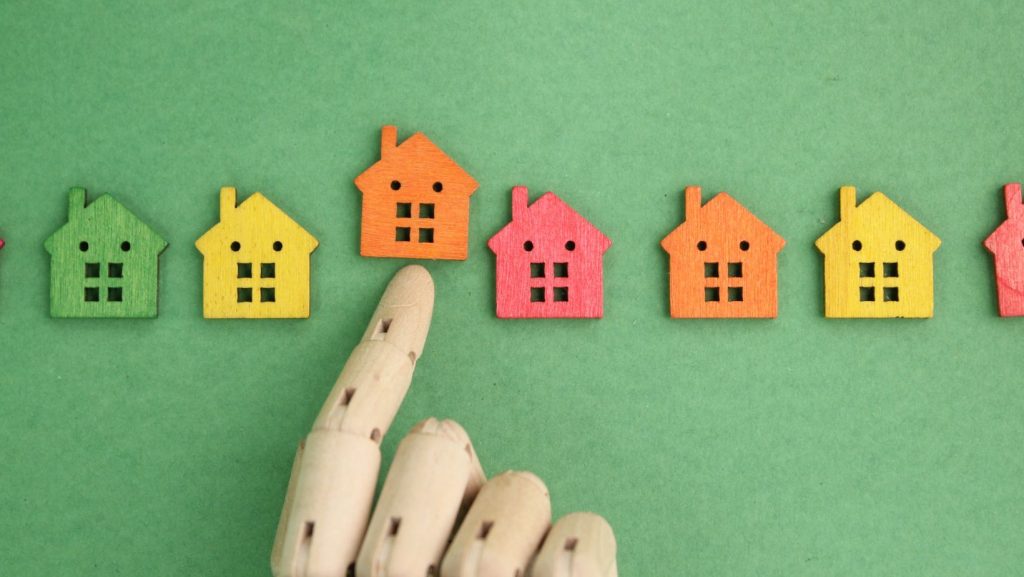Are you considering the impact of artificial intelligence on real estate? In recent years, technology has revolutionized every sector of the economy, and real estate is no exception.
Artificial intelligence (AI) is changing how we buy and sell homes. In real estate, AI helps us find our dream homes by analyzing large amounts of data.
It teaches us what we like in a home, such as the location and price we want. Then, it finds homes that match our wishes. AI makes the home-buying process easier and faster by giving us better choices.
Technological advancements have significantly transformed the home-buying experience, which is traditionally known for its complexities and challenges.
Let’s explore how these advancements are shaping the real estate world.
1. Virtual Reality (VR) and Augmented Reality (AR) Tours

Virtual Reality (VR) and Augmented Reality (AR) are two significant technologies making waves in real estate. These tools allow potential buyers to explore properties without leaving their homes.
- VR: You can “walk through” a home using 3D models and get a feel for its layout and design.
- AR: Adds extra details on the property, such as room measurements or price estimates, overlaid on your view of the home.
These immersive experiences save time and allow buyers to view many homes quickly, all from their phones or computers. There is no need to travel to see every property in person.
2. AI for Property Search

AI is becoming a game-changer in home-finding. In 2025, AI platforms will help buyers find homes by analyzing huge amounts of data and offering personalized suggestions.
- AI learns your preferences, like the location, price, and type of home you want.
- It then searches listings and helps you find properties matching your needs.
- AI can also give insights into market trends and property values, making your decisions more intelligent and faster.
AI makes the search process quicker and easier, saving you time while finding the best options.
3. Blockchain-Based Transactions

Blockchain is a technology that’s changing real estate deals. By 2025, more transactions will use blockchain to improve the buying and selling process.
- Blockchain keeps transaction data safe and secure, making it nearly impossible to tamper with.
- It provides real-time transparency, allowing everyone involved to see the transaction history and preventing fraud.
- It also speeds up transactions by cutting out the middlemen like banks and lawyers, which can reduce costs.
Blockchain makes real estate deals quicker, safer, and more transparent.
4. Smart Home Technology

Many home buyers now require smart home features. By 2025, homes with smart technology will be more common, from thermostats that learn your schedule to security systems you can control from your phone.
- Energy Efficiency: Smart thermostats can save money by adjusting the temperature to your habits, reducing utility bills.
- Convenience and Security: Control your home remotely, whether locking doors or adjusting the lights from anywhere.
- Higher Resale Value: Smart tech features increase a home’s value, allowing you to sell it for a better price.
Smart home features are now a key selling point, making homes more comfortable, convenient, and valuable.
5. 3D Printing

3D printing is revolutionizing home construction. By 2025, builders will create more homes using 3D printing technology.
- Cost-Effective: Building homes with 3D printing can save money and time compared to traditional methods.
- Customization: Builders can create unique designs faster and with less waste.
- Repairs: Builders can use 3D printing to fix or update home parts, such as walls or roofs.
Though still new, 3D printing is helping to build homes more efficiently and at a lower cost.
Conclusion
Artificial technology is shaping the future of real estate, making the process smoother and more efficient.
From VR and AR tours to AI-powered property searches and blockchain transactions, buying and selling homes is becoming faster, safer, and more manageable.
As technology continues to grow and improve, the home-buying experience will be even more straightforward and more user-friendly in the coming years.
Real estate brokerages in Canada offer numerous services to buyers, sellers, and investors. Whether you’re looking to buy your dream home, sell your property for top dollar, or invest in real estate, a brokerage can help.






